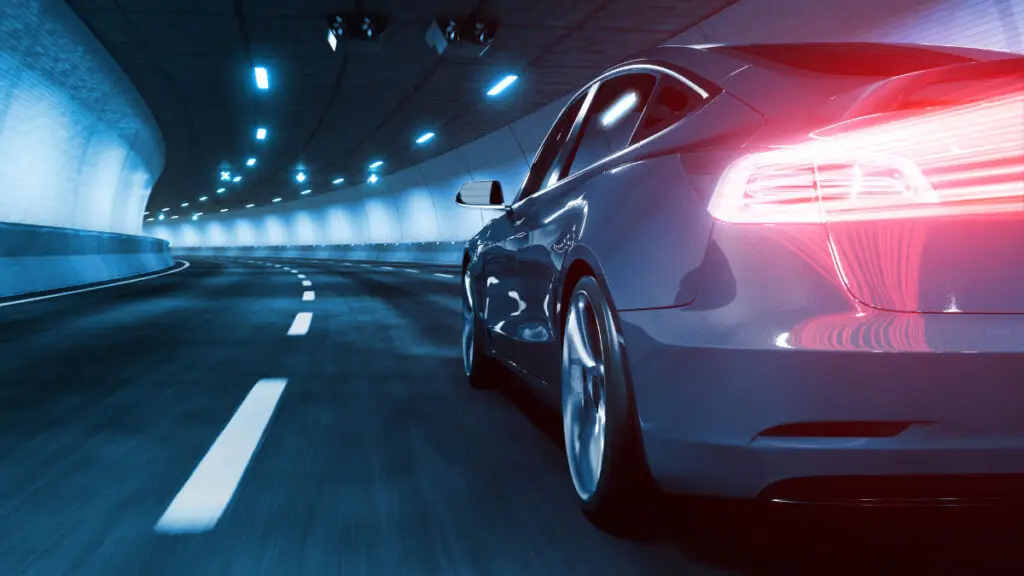The True Cost of Electric Vehicle Ownership
New analysis from Clean Energy Canada finds that electric vehicles (EVs) are in fact cheaper, often much cheaper, than their gas counterparts. The report, published through Simon Fraser University Centre for Dialogue, analyzed a number of popular electric car models, comparing their total cost of ownership (the purchase price of a car plus the operational costs through its entire lifecycle) with that of gas equivalents. The report argues that “without exception, the electric version of every car we analyzed was cheaper, usually significantly so.”
Rising inflation is affecting every corner of our lives—from rising gas prices to the cost of owning a home, the cost of living is skyrocketing. Despite this, climate change continues to rank high on the minds of Canadians according to new public opinion survey by the Angus Reid Institute. EVs are not the only solution but they can help provide some relief to higher fuel costs and climate change.
Is an electric vehicle cheaper than a fuel-powered car?
The purchase price of a new EV is still considerably higher than their gas-powered equivalents. Government incentives do help reduce the initial purchase price, but one must factor in a wider slice of an EV lifecycle to get a true picture of the costs associated with driving an electric vehicle.
The study examined several different EV makes and models over an eight-year period and compared each vehicles’ purchase price, maintenance costs, deprecation costs, and fuel savings compared to their gas counterparts. The study examined a projected eight-year life cycle for a 2022 Chevrolet Bolt, a 2022 Nissan Leaf, a 2022 Hyundai Kona, a Tesla Model 3, and a Ford F-150 Lightning and found demonstrated on average 24% to 28% less costly to operate. Overall, EVs make better sense for the pocket book.
The study does base its conclusions on certain assumptions that need to be considered before we could consider this savings applicable to EVs in general. For instance, the study assumes a 20,000 km per year average driving. Combined fuel/electricity consumption ratings that reflect 55% city and 45% highway driving, and 88% home charging of EVs based on the midpoint of a range among other such assumptions detailed in the report. Note that the affordability of EVs increases even further with higher gasoline prices (such as we are seeing now), lower electricity rates, longer vehicle use, and more annual mileage.

Another factor that needs to be also considered when determining whether an EV will in fact end up costing you less than a gas-powered equivalent and which the study does not address is when in a vehicle’s lifecycle you purchase it. The study is limited in that it only demonstrates a savings for the first eight years of a vehicles life cycle. The average age of a vehicle in British Columbia is roughly 12 years and if kept in good condition and serviced regularly by a qualified technician can last many more years. Most EVs come with an eight- to ten-year warranty on the battery. It is no secret that battery is the biggest most expensive component of an EV that may need to be replaced at some point. It is also ranked as one of the biggest concerns for potential consumers.
We simply do not know enough about these vehicles to make projections beyond eight years.
Click here to read the full report.






